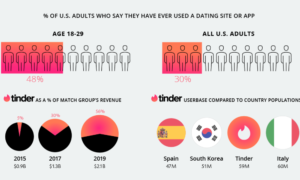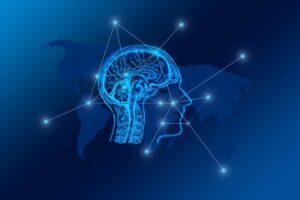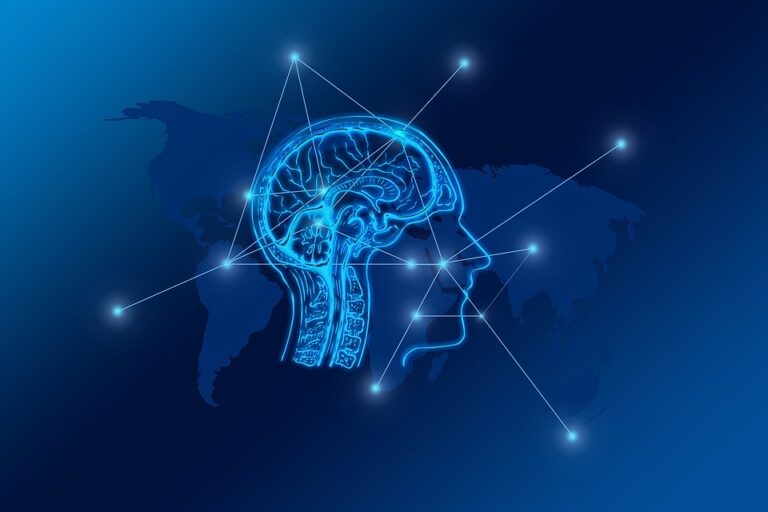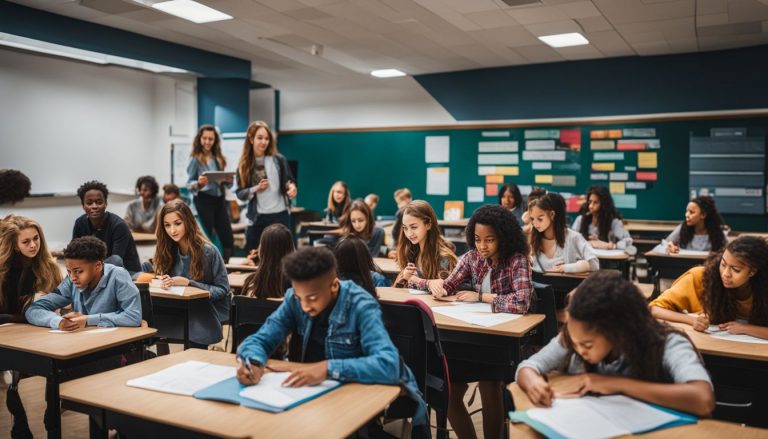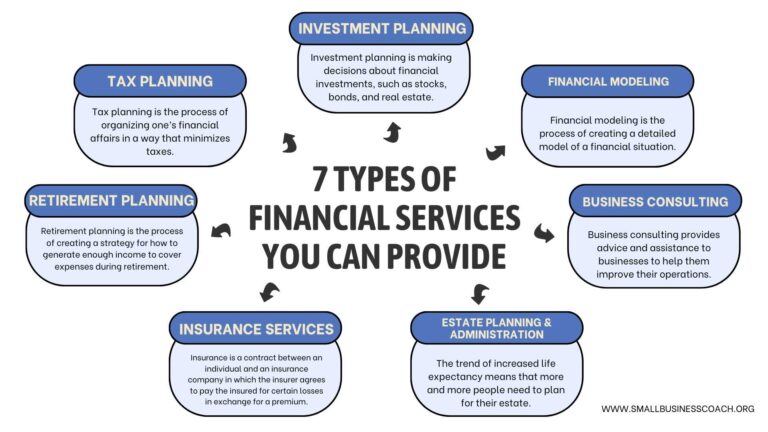Education and learning is often viewed as a trip that starts in childhood years and wraps up in early the adult years. In this short article, we dig right into the diverse facets of returning to education and learning later on in life, exploring its inspirations, difficulties, and the extensive impact it can have on people and society.
Motivations for Returning to Education:
The choice to return to education and learning later on in life is typically driven by a myriad of inspirations, each deeply individual and distinct to the person. One usual reason is the quest of occupation improvement or a wish to transition into a brand-new field. Lots of individuals find themselves at a crossroads in their professional lives, looking for extra credentials or ability to continue to be competitive in a rapidly progressing work market. Thinking about returning to school? Get tailored advice and support for adults like you who are considering taking the leap back into education.
Some get started on this trip as a method of personal fulfillment and intellectual growth. Education and learning is not entirely regarding obtaining qualifications; it is also concerning increasing one’s perspectives, testing preconceived ideas, and fostering a lifelong love of Learning. For these people, the choice to go back to education and learning is a testimony to their pressing curiosity and curiosity.
Life experiences and conditions commonly play a crucial Job in forming the decision to pursue education and learning later on in life. Parenthood, caregiving obligations, or financial restraints may have previously hindered one’s instructional desires. Nevertheless, as these obligations develop or decrease with time, people might take the chance to reignite their academic quests and accomplish long-held aspirations.
Obstacles and Barriers:
While the choice to return to education and learning later on in life is unquestionably encouraging, it is not without its obstacles and challenges. One considerable hurdle is the juggling act of stabilizing academic responsibilities with existing commitments, such as Work, household, and individual responsibilities. Unlike traditional students, Adult students usually have myriad duties competing for their time and attention, making it vital to grow reliable time management skills and develop an assistance network to navigate these contending demands.
Furthermore, going back to education and learning after a prolonged respite might need people to adjust to brand-new Learning methods and modern technologies. The educational landscape is constantly progressing, with improvements in on-line Learning platforms, digital sources, and collective tools improving the method understanding is acquired and distributed. For some Adult students, particularly those much less knowledgeable about innovation, this change may posture a high Learning contour and demand added support and sources to make certain success.
Furthermore, financial factors to consider can provide a substantial barrier to Adult learners, especially those dealing with tuition prices, textbooks, and various other associated expenditures. Unlike traditional students who may have access to financial aid or adult assistance, Adult students often have to browse these financial challenges separately, possibly adding an additional layer of intricacy to their academic trip.
Regardless of these difficulties, numerous Adult learners find the experience to be profoundly rewarding and transformative. The resilience, resolution, and grit demonstrated in getting over these obstacles often equate right into very useful skills that extend much past the classroom.
Effect on People and Culture:
The decision to finish education later on in life can have extensive ramifications for both individuals and culture at big. On an individual degree, returning to education and learning can boost job leads, boost earning capacity, and open doors to new opportunities. By obtaining added credentials and capability, Adult students can place themselves for status seeking within their selected fields or start completely brand-new job trajectories straightened with their enthusiasms and rate of interests.
Education and learning has the power to impart a feeling of confidence and empowerment in Adult students, enabling them to assert company over their lives and pursue their objectives with restored vitality and objective. The purchase of expertise not just broadens intellectual perspectives yet also cultivates critical thinking, analytic abilities, and adaptability– associates that are progressively valued in today’s rapidly transforming world.
The ripple results of Adult education prolong past the individual, exerting a positive impact on families, communities, and culture as a whole. By acting as good example for lifelong Learning, Adult learners inspire others to embrace instructional chances and spend in their personal and professional growth. This cultural shift in the direction of valuing education as a long-lasting search can add to an extra enlightened, cutting-edge, and resilient society, outfitted to deal with the difficulties of the 21st century.
In addition to its socioeconomic benefits, Adult education also has the potential to foster greater social cohesion and inclusivity by providing possibilities for people from diverse histories to find together, exchange ideas, and work together on common goals. Lifelong Learning organizations, such as community universities, Adult education and learning facilities, and online systems, function as hubs of intellectual exchange and social enrichment, advertising dialogue, understanding, and mutual regard amongst students of all ages and histories.
Recommendations for Sustaining Adult Students:
To optimize the capacity of Adult education and address the distinct needs and challenges of returning students, it is necessary to execute encouraging policies, programs, and campaigns tailored to their certain circumstances. Some recommendations consist of:
1. Flexible Learning Options: Using adaptable Learning modalities, such as night courses, weekend break programs, and online courses, can fit the diverse timetables and commitments of Adult students, allowing them to balance education with Work and family responsibilities effectively.
2. Financial Assistance and Scholarships: providing financial assistance, scholarships, and tuition waivers can relieve the financial problem related to going back to education and learning, making it more easily accessible and economical for Adult learners from all socioeconomic backgrounds.
3. Academic Assistance Services: Establishing academic support services, such as tutoring, mentoring, and counseling, can provide Adult learners with the advice and sources needed to navigate academic obstacles, improve their Learning experience, and stay on track towards attaining their educational goals.
4. Recognition of Previous Learning: Identifying and confirming the understanding, abilities, and experiences acquired through previous Work, army Service, or life experiences can accelerate the educational achievement of Adult students, reducing replication of initiatives and helping with smoother shifts into college programs.
5. Lifelong Learning Culture: Advertising a society of lifelong Learning within universities, work environments, and communities can foster an attitude of curiosity, exploration, and continual improvement, urging individuals of any ages to accept learning as a long-lasting search.
Verdict:
Completing education and learning later on in life is a testament to the durability, decision, and long-lasting pursuit of expertise showed by Adult learners. In spite of the obstacles and barriers they may come across along the road, the transformative power of education and learning goes beyond age, empowering people to unlock their complete potential, pursue their passions, and make significant payments to society.
By acknowledging the one-of-a-kind needs and aspirations of Adult learners and executing supportive policies and campaigns, we can develop an instructional landscape that is inclusive, obtainable, and responsive to the diverse requirements of learners at every stage of life. In doing so, we not only improve the lives of individuals but also cultivate a more enlightened, innovative, and equitable society for future generations to thrive.


